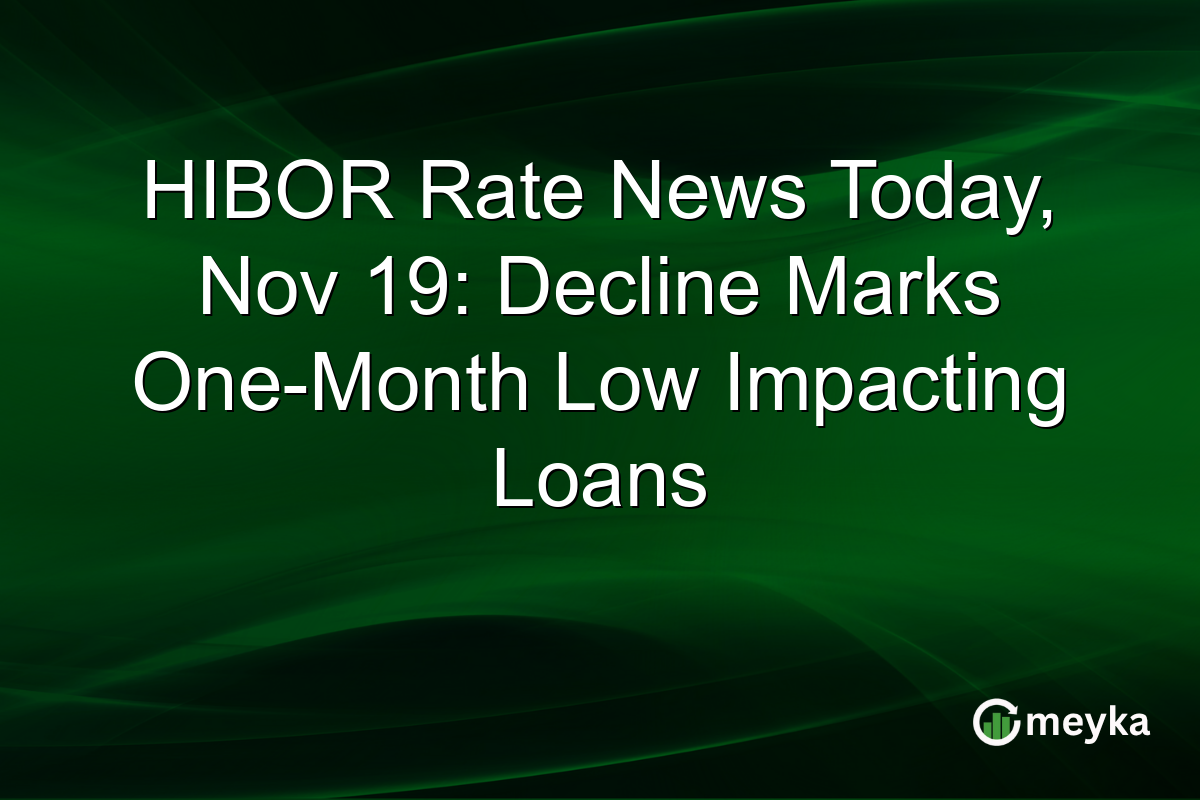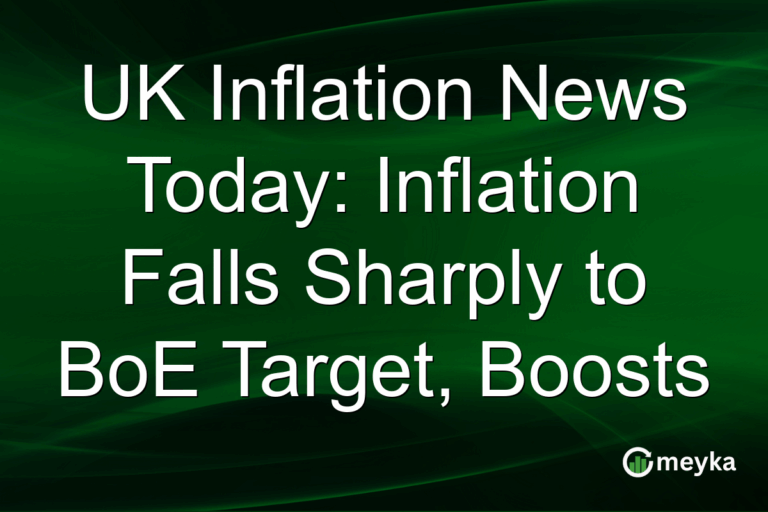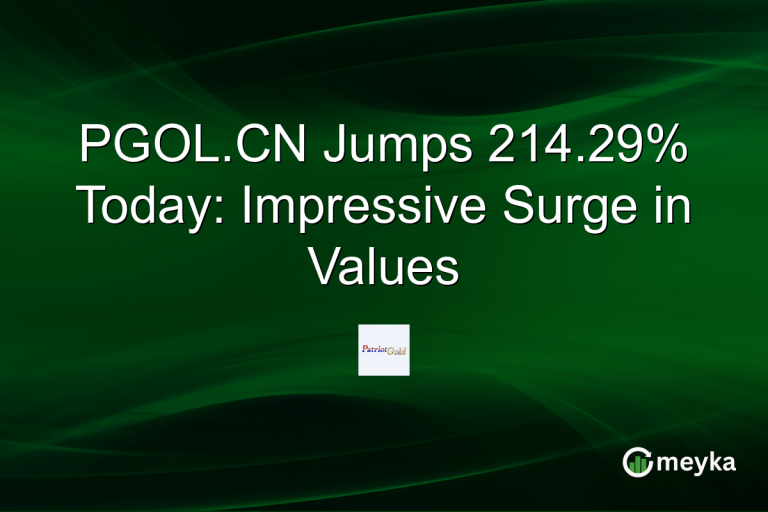HIBOR Rate News Today, Nov 19: Decline Marks One-Month Low Impacting Loans
The HIBOR rate, crucial for Hong Kong’s financial landscape, has shown a significant decline, marking its lowest point in a month. As of November 19, the 1-month HIBOR rate decreased to 2.28%. This marks a continuous decrease over the past five days. Such movements in the HIBOR are particularly relevant to mortgage rates and signal shifts in broader financial conditions. In this article, we will explore the implications of this decline for Hong Kong’s economy and what it means for homeowners and businesses reliant on local lending rates.
Understanding the HIBOR Decline
The Hong Kong Interbank Offered Rate (HIBOR) is a daily reference rate, signifying the inter-bank borrowing cost in Hong Kong. Recently, the 1-month rate has fallen to 2.28%. This represents its lowest level in the last month. The decline over five days highlights a trend of easing borrowing costs. These changes impact financial products tied to this rate. The drop in HIBOR can influence lending practices, especially in the real estate sector. Lower rates typically translate to cheaper loans.
Current movements suggest easing liquidity or changing expectations about economic growth. Lower interbank rates often reflect changes in monetary policy or economic forecasts. For more detailed insights, explore the complete data at Hong Kong Association of Banks.
Impact on Mortgage Rates
The HIBOR decline significantly affects mortgage rates in Hong Kong. With the 1-month HIBOR at 2.28%, homeowners could see lower monthly payments. Many Hong Kong mortgages are linked to HIBOR, making them sensitive to such fluctuations. Recent trends indicate potential relief for existing borrowers. For new homebuyers, lowered HIBOR means more attractive financing options.
This creates opportunities for refinancing but also poses risks if the trend reverses. The alignment between HIBOR and mortgage rates encourages financial planning and stability for households in Hong Kong.
Broader Financial Implications
The continuous drop in HIBOR can also indicate changes in Hong Kong’s financial conditions. As borrowing becomes cheaper, businesses may leverage this to invest or expand. However, it can also suggest concerns over domestic growth or global economic pressures. Lower interest rates often aim to stimulate economic activity.
For investors, the decline might signal shifts in monetary policy or market sentiment. Staying informed with platforms like Meyka can help navigate these changes. For businesses and individuals, understanding these trends can inform better financial decisions.
Final Thoughts
The recent decline in the 1-month HIBOR to 2.28% marks a significant moment for Hong Kong’s economy. As an essential benchmark, HIBOR influences mortgage rates and signals broader financial shifts. Homeowners can benefit from lower payments, while businesses might find this an opportune time for investment. However, the long-term implications depend on global economic conditions and monetary policy shifts. Staying updated with real-time analytics tools like Meyka can provide a strategic advantage in monitoring these trends.
FAQs
HIBOR stands for the Hong Kong Interbank Offered Rate. It is the rate at which banks in Hong Kong lend to each other. It serves as a key indicator for interest rates on mortgages and loans.
A decline in HIBOR generally means lower costs for borrowing. Since many mortgages in Hong Kong are tied to HIBOR, rates can decrease, reducing monthly payments for homeowners.
Refinancing might be beneficial if the current rate is significantly lower than your existing one. Consider associated fees and long-term savings before making a decision.
A low HIBOR may suggest eased liquidity or policy changes to stimulate growth. It can reflect economic forecasts or global financial pressures, indicating a push to make borrowing more attractive.
Disclaimer:
The content shared by Meyka AI PTY LTD is solely for research and informational purposes. Meyka is not a financial advisory service, and the information provided should not be considered investment or trading advice.






